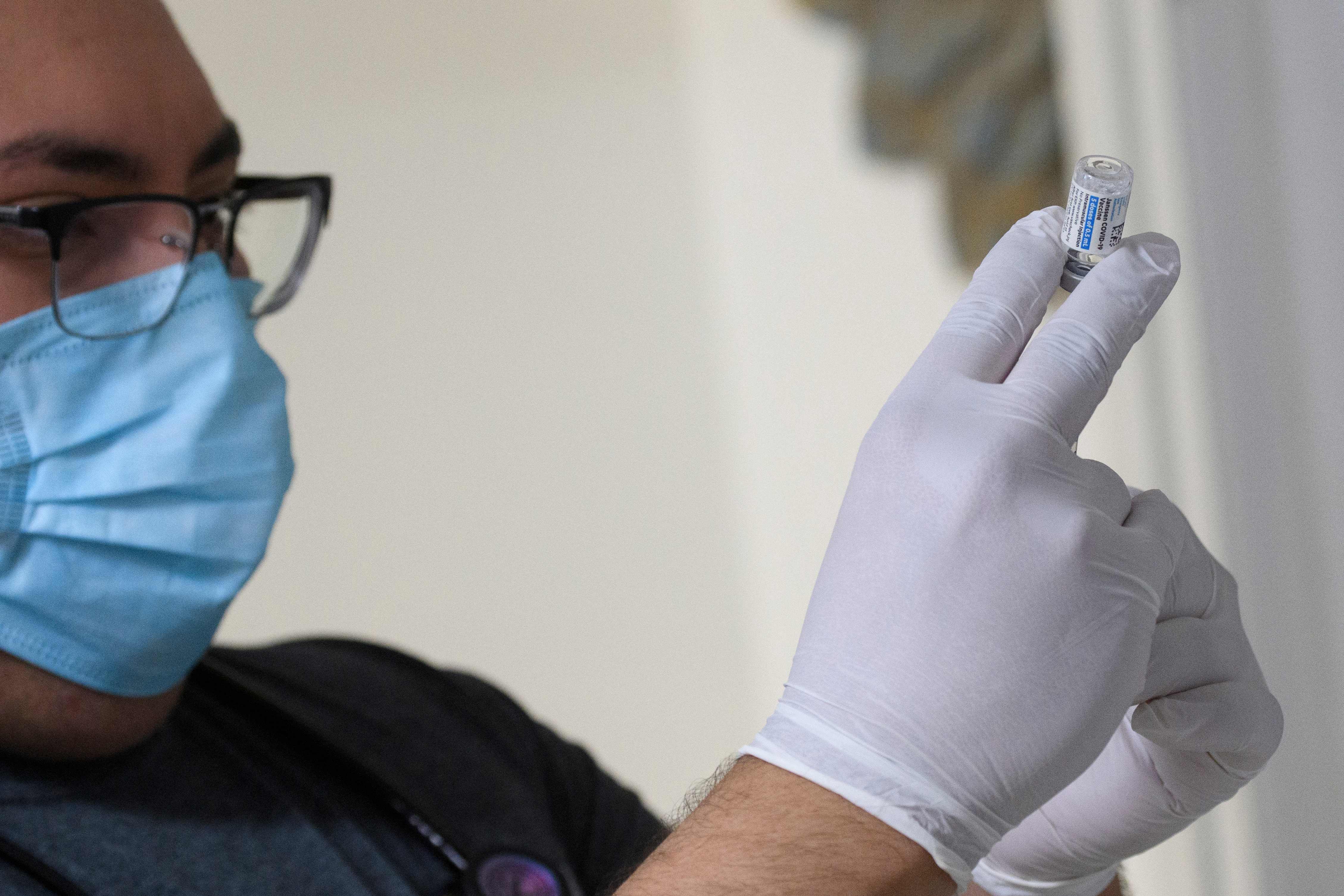Blood disorder breakthrough as world-first gene therapy given green light
The treatment is the first to be licensed using the gene-editing tool known as Crispr, for which its inventors were awarded the Nobel prize in 2020

Your support helps us to tell the story
From reproductive rights to climate change to Big Tech, The Independent is on the ground when the story is developing. Whether it's investigating the financials of Elon Musk's pro-Trump PAC or producing our latest documentary, 'The A Word', which shines a light on the American women fighting for reproductive rights, we know how important it is to parse out the facts from the messaging.
At such a critical moment in US history, we need reporters on the ground. Your donation allows us to keep sending journalists to speak to both sides of the story.
The Independent is trusted by Americans across the entire political spectrum. And unlike many other quality news outlets, we choose not to lock Americans out of our reporting and analysis with paywalls. We believe quality journalism should be available to everyone, paid for by those who can afford it.
Your support makes all the difference.The UK’s medicines regulator has authorised a world-first gene therapy as a potential cure for two inherited blood disorders.
The treatment, Casgevy, for sickle cell disease and beta thalassemia, is the first to be licensed using the gene-editing tool known as Crispr, for which its inventors were awarded the Nobel prize in 2020.
The Medicines and Healthcare products Regulatory Agency (MHRA) said the treatment was for patients aged 12 and over “after a rigorous assessment of its safety, quality and effectiveness”.
Both sickle cell disease and beta thalassemia are genetic conditions caused by errors in the genes for haemoglobin, which is used by red blood cells to carry oxygen around the body.
Sickle cell disease is particularly common in people with an African or Caribbean family background, while beta thalassemia mainly affects people of Mediterranean, south Asian, south-east Asian and Middle Eastern origin.
Symptoms of sickle cell disease can include very severe pain, serious and life-threatening infections, and anaemia.
People with beta thalassemia can have severe anaemia. Patients often need a blood transfusion every three to five weeks, alongside regular injections and medicines.
Casgevy is designed to work by editing the faulty gene in a patient’s bone marrow stem cells so that the body produces functioning haemoglobin.
For this to work, stem cells are taken out of bone marrow, edited in the lab and then infused back into the patient, with the potential to cure people.
To date, a bone marrow transplant – which must come from a closely matched donor and carries a risk of rejection – has been the only permanent treatment option
The MHRA said clinical trials had found Casgevy restored healthy haemoglobin production in the majority of people.
In the clinical trial for sickle-cell disease, 28 out of 29 patients in an analysis (97%) were free of severe pain for at least 12 months after treatment.
In the clinical trial for beta thalassemia, 39 out of 42 patients analysed (93%) did not need a red blood cell transfusion for at least 12 months after treatment.
The remaining three had more than a 70% reduction in the need for red cell transfusions.
Julian Beach, interim executive director of healthcare quality and access at the MHRA, said both conditions “are painful, life-long conditions that in some cases can be fatal”.
He added: “To date, a bone marrow transplant – which must come from a closely matched donor and carries a risk of rejection – has been the only permanent treatment option.”
There are limited medicines currently available to patients, so I welcome today’s news that a new treatment has been judged safe and effective, which has the potential to significantly improve the quality of life for so many
John James, chief executive of the Sickle Cell Society, said: “Sickle cell disorder is an incredibly debilitating condition, causing significant pain for the people who live with it and potentially leading to early mortality.
“There are limited medicines currently available to patients, so I welcome today’s news that a new treatment has been judged safe and effective, which has the potential to significantly improve the quality of life for so many.”
The treatment has not yet been examined for more widespread use on the NHS.